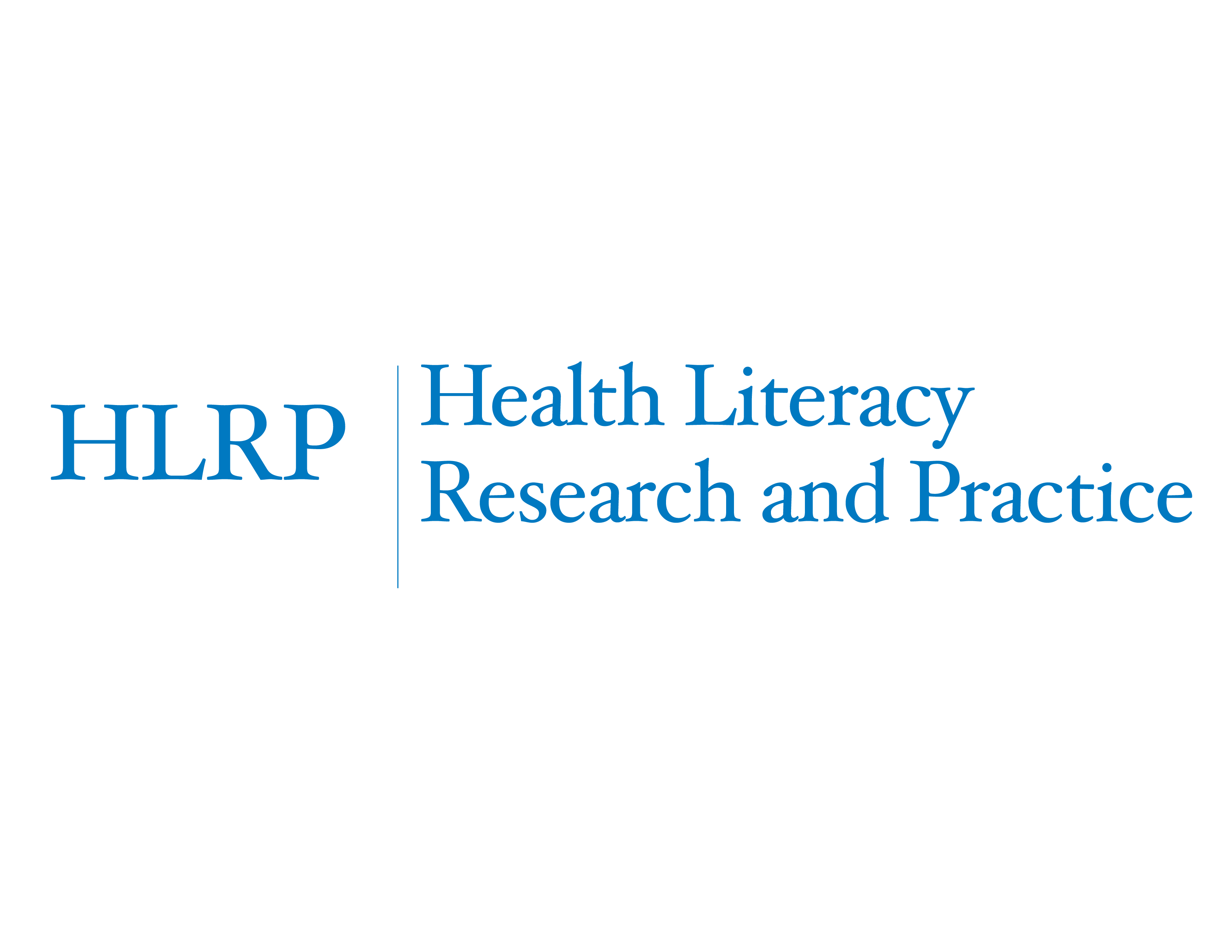Content area
Full text
Adequate nutrition knowledge, optimal dietary behaviors, and the maintenance of a healthy weight are now recognized as key modifiable factors in health promotion and chronic disease prevention (Bauer, Briss, Goodman, & Bowman, 2014; Mozaffarian, 2016). Yet, despite the 2015 to 2020 Dietary Guidelines for Americans (US Department of Health and Human Services, 2017) recommending that adults consume at least 1.5 to 2 cups of fruits and 2 to 3 cups of vegetables daily, it is estimated that only 13.1% of adults in the United States met fruit recommendations and only 8.9% met vegetable recommendations (Moore & Thompson, 2015). Moreover, inadequate nutrition and dietary practices are major contributors to obesity, diabetes, cancer, and cardiovascular disease (Arnold et al., 2015; Garg, Maurer, & Reed, 2014; Mozaffarian, 2016).
Health literacy (HL) is broadly defined as a person's knowledge, motivation, and competencies enabling the identification, appraisal, and application of health information to make health decisions (Sørensen et al., 2012). Inadequate HL has been associated with poorer self-management of chronic health conditions, including cardiovascular disease (Gazmararian, Kripalani, & Miller, 2006; Kripalani, Gatti, & Jacobson, 2010), asthma (Apter et al., 2013; Federman et al., 2014), diabetes (van der Heide et al., 2014), and increased morbidity and mortality (Baker et al., 2007; Moser et al., 2015). Two specific types of HL, nutrition literacy (NL) and food literacy (FL), have emerged as key components in the promotion and maintenance of healthy dietary practices (Cullen, Hatch, Martin, Higgins, & Sheppard, 2015; Krause, Sommerhalder, Beer-Borst, & Abel, 2018b; Velardo, 2015). Whereas NL has been defined as the capacity to obtain, process, and understand nutrition information and skills needed to make appropriate nutrition decisions (Silk et al., 2008), FL is described as going beyond nutrition knowledge to include the application of nutritional information to make food choices and to critically appraise personal and societal dietary behaviors (Krause, Sommerhalder, & Beer-Borst, 2016). Specifically, definitions of FL have included broader components including food preparation and food skills, food science and food safety, as well as food consumption and waste practices. In a recent review, six themes related to FL were identified: skills and behaviors, food/health choices, culture, knowledge, emotions, and food systems (Truman, Lane, & Elliott, 2017). Growing recognition of the importance of nutrition and FL in promoting...





